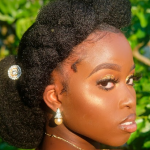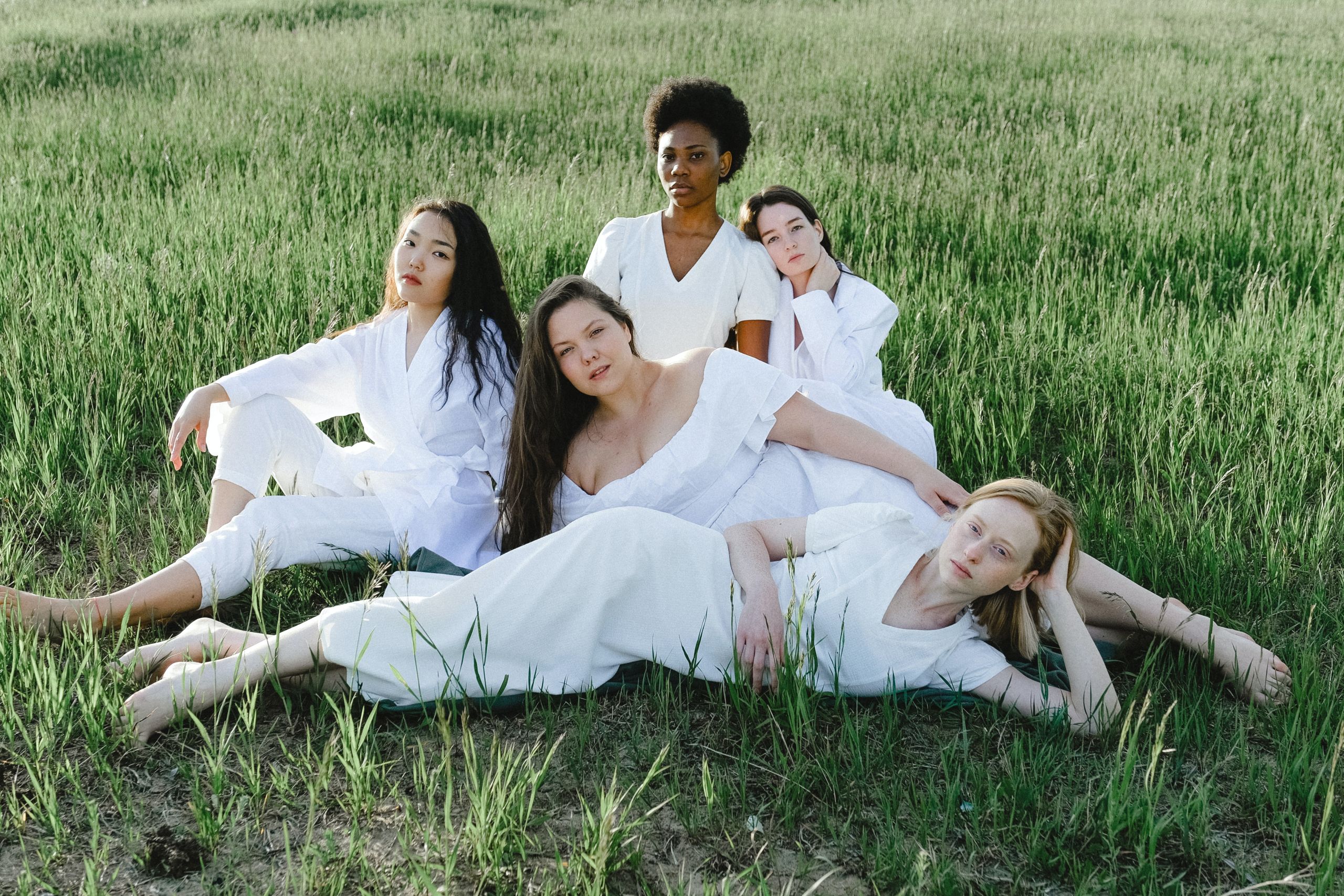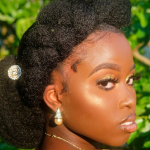Does women’s ownership and autonomy over their bodies exist in our society? Who owns the woman’s body? These questions were posed in the common hour event “Inclusion or Illusion: Who Owns the Woman’s Body?”
On March 15, in Iadarola lecture hall at 2:00 p.m. the event was hosted by the Office of Diversity, Equity, Inclusion, and Belonging. The panel discussion featuring Dr. Angela Campbell, Vice President of Mission, Dr. Zakia Gates, Assistant Professor of Education; Dr. Colleen M. Lelli, Professor of Educational Specialists Department; Dr. Amy Lee Persichetti, Professor of English; and Dr. Vivian C. Smith, Chair and Associate Professor of Criminology. Lailah Dunbar, director of Cabrini Diversity, Equity, Inclusion, and Belonging, moderated.
The complexity of the Women’s body
The woman’s body is a complex topic. According to the panel, women are often defined by others, preventing them from defining themselves. Dunbar asked Gates, “How do we in fact become self-defined?”
Gates believes women’s empowerment is limited in society. She explained that we need to examine “empowerment” through the perspective Bell Hooks first posed a question of “the imperialist, capitalist, white supremacist, hetero, patriarchal system, and what does that look like to us as women?” Gates outlined two steps for women to redefine themselves: acknowledging their place in the system and changing their perception of other women from rivals to sisters.
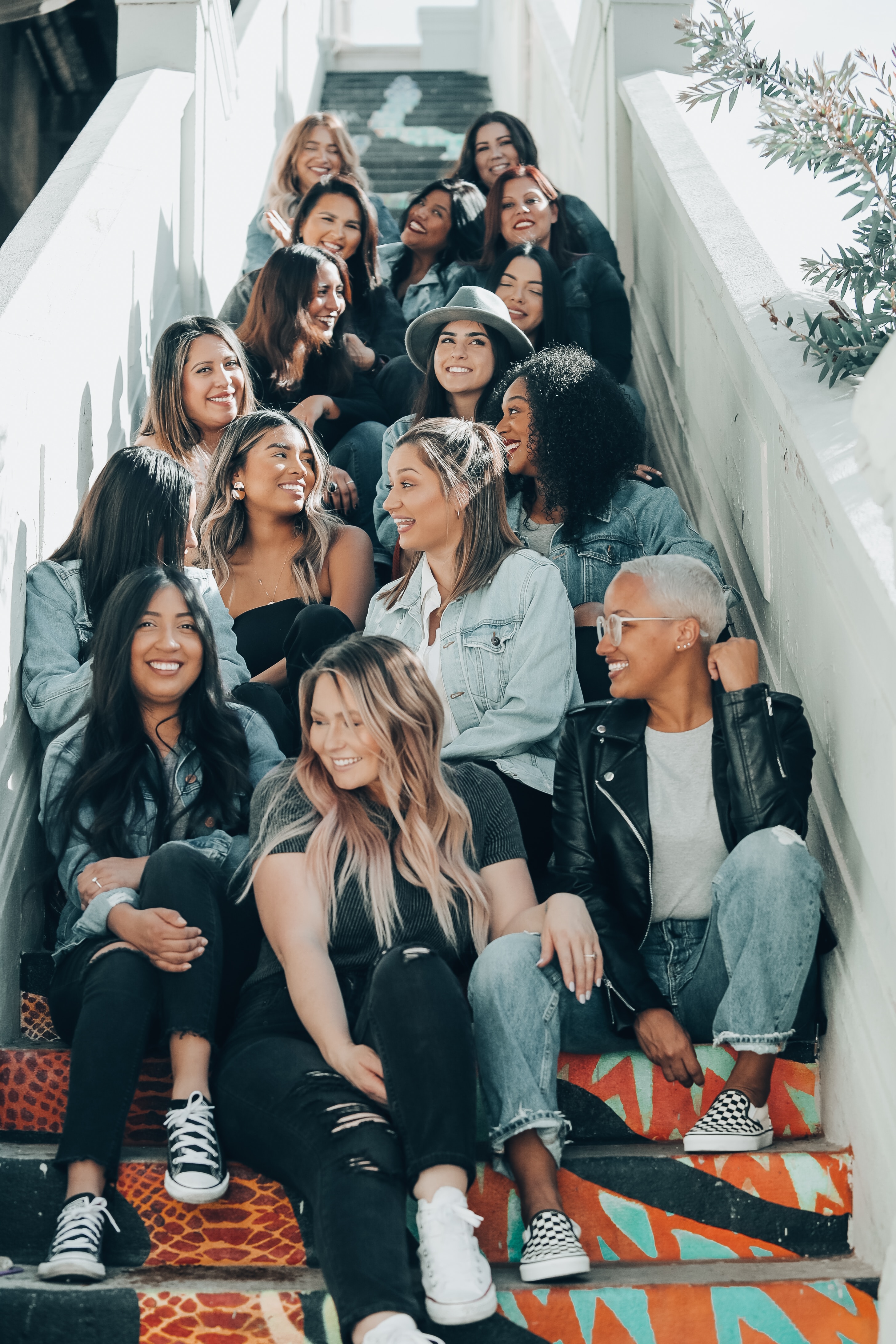
She emphasized the need for a broader cultural perspective on feminine empowerment, as opposed to the narrow view identified by hooks. “We have to start defining feminine empowerment through different cultural contexts, instead of through the single axis view of Bell Hooks,” Gates said.
The discussion moved toward the difference between objectification and appreciation of the woman’s body. Women in popular culture, especially in hip-hop, often showcase their sexuality through sexualized depictions of their bodies. The panel noted there is debate over whether this choice reinforces patriarchal conditioning or represents empowerment.
According to Smith, the dichotomy of women’s self-presentation should not be viewed as a binary choice. It’s important to recognize the complexities.
Persichetti said there’s a history that literature plays in this dichotomy. She views literature as having two functions: reflection and disruption. In hip-hop and literature, women’s sexuality is often imposed upon them, reflecting a larger structure of misogyny and white supremacy. Persichetti wants women to challenge harmful perspectives of women in literature.
The ownership of Women’s body
Gates highlighted the portrayal of women in mainstream media, specifically in slasher films, and questioned what message the media sends to women about their agency and sexual liberation and why they cannot have control over their own bodies.
Campbell highlighted the ways in which sexual liberation can be capitalized. She also discussed healthy and beautiful notions of sexuality that may not be linked to making money but are based on one’s moral code or values.
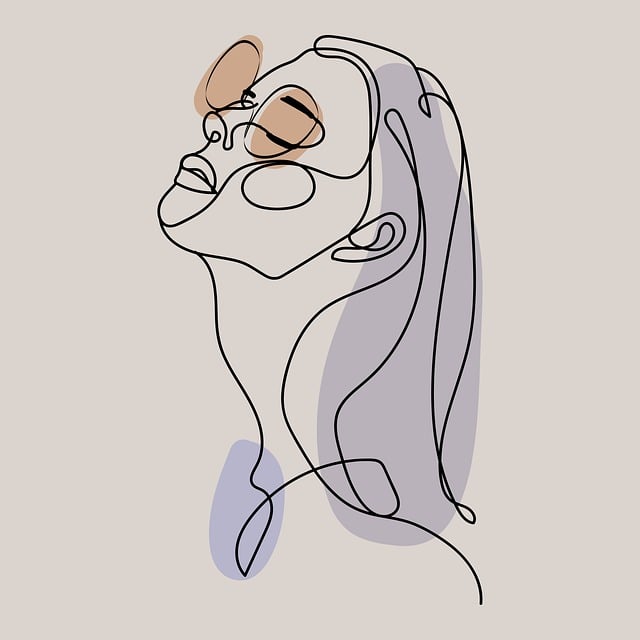
Persichetti believes in the right of individuals to make choices about their own bodies, whether that means embracing sexual liberation or choosing to remain celibate based on personal beliefs. She emphasized the importance of agency over one’s own body without being influenced by the “male gaze.”
Lelli acknowledged the complexity of sexual abuse, domestic violence, and human trafficking, and highlighted the importance of human dignity. She noted that progress has been made in addressing these issues, but much education is still needed.
She believes education, awareness, and effective support systems are crucial for addressing these issues and protecting the dignity of all individuals.
Once the floor opened for questions one of the audience members asked how to be an ally to the trans women of color community.
Campbell highlighted a lack of respect in our culture toward trans women of color. When it comes to transgender individuals, particularly Black transgender people, Gates said there is actually twice as much hostility based on those intersectional identities.
One thing that Gates said she wanted students to take from this event was the significance of supporting and empowering one another to break hierarchical structures.
Campbell’s message for students was, regardless of their gender, they are beautifully and wonderfully made by God. She wants every “student who identifies as a woman to know that we are powerful beyond measure, that we are great contributors to expanding peace, love, joy and human dignity in the world.”
For more events like this follow Cabrini’s Office of Diversity, Equity, Inclusion, and Belonging.

